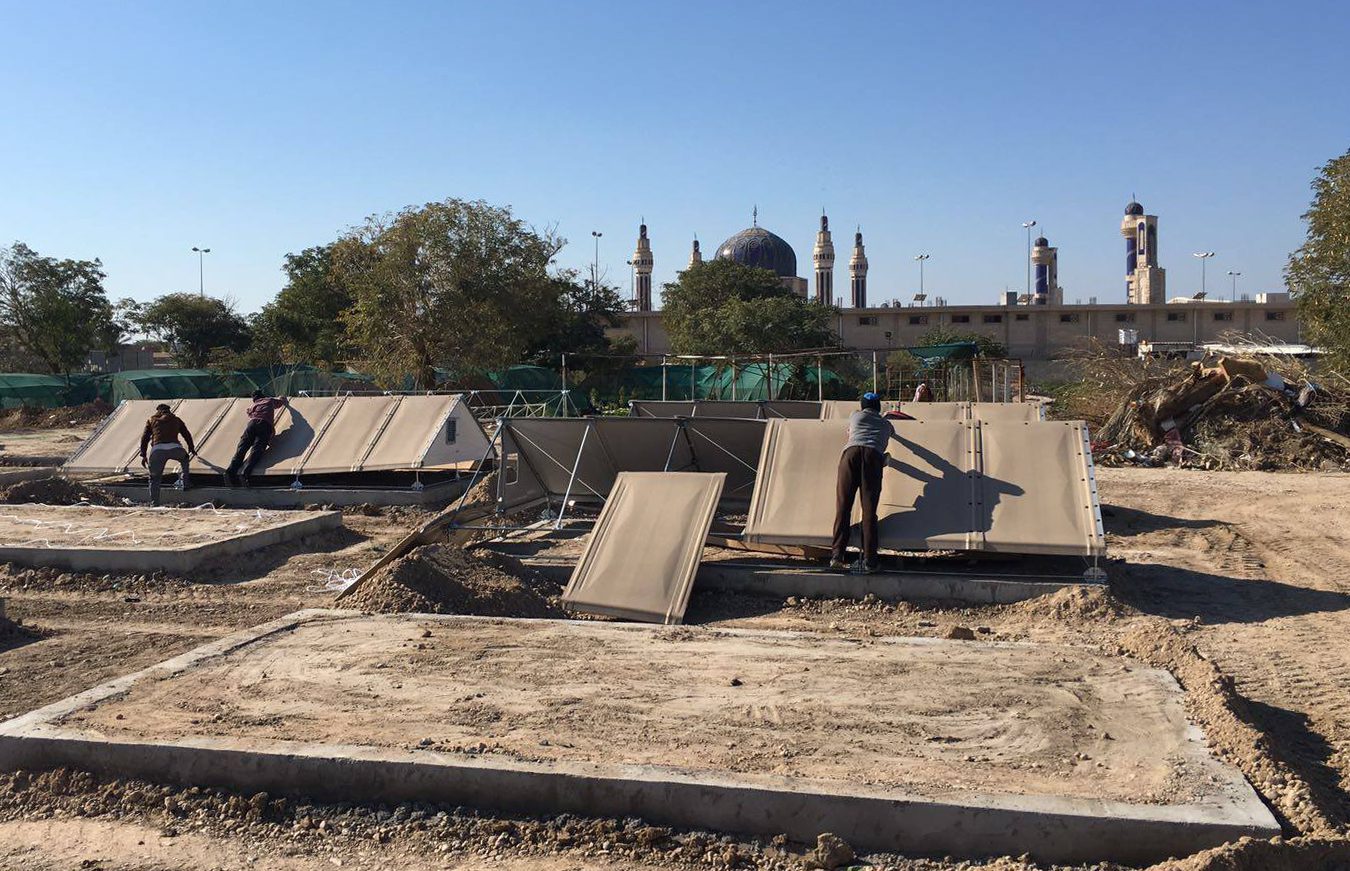In 2024, an independent consultant provided guidance on managing and considering the end-of-life of the Relief Housing Unit (RHU), contributing to circular economy efforts within humanitarian shelter, and offering recommendations for future action.
As part of this study, 95 individuals were interviewed, including 46 Better Shelter partners. In total, 45 interviews were conducted: 23 with partners and 20 with other humanitarian stakeholders and relevant waste management actors.
The purpose of these interviews was to identify existing or planned initiatives related to RHU end-of-life materials, to understand the deployment contexts of RHUs, and to assess issues linked to circular economy practices.
Main challenges
Waste in humanitarian contexts
Institutional image
Unclear agency in final shelter decisions
Lack of funding
Communication with partners
Opportunities
Providing comprehensive information
Keep improving the shelter design
Exploring different options for waste management
Collaboration
Advocacy
The main outcome was a proposed strategy for addressing waste management, with actions categorised into short, mid, and long-term solutions based on findings from the semi-structured interviews (see below). By tackling the identified challenges and promoting more sustainable waste management practices, we, together with our partners, can help reduce environmental degradation and support the long-term well-being of affected communities and ecosystems.
Short term
Information and capacity building for partners
External coordination and collaboration
Follow up on partners’ initiatives and explore potential collaborations
Map recycling facilities
Mid term
Design improvements
Expand waste management initiatives
Further research on reverse logistics for the plastic panels
Explore collaborations with universities and public sector
Explore feasibility of establishing small-scale recycling projects in humanitarian settings
Long term
Formalise waste management within the RHUs deployment process
Explore alternatives to plastics
Continuous improvement and search for new environmental solutions
From our Global compact communication on progress January 1 to December 31, 2024




